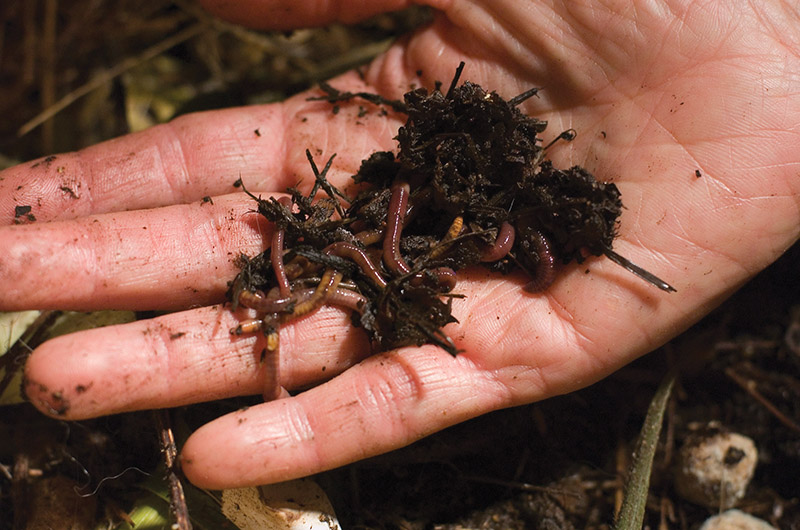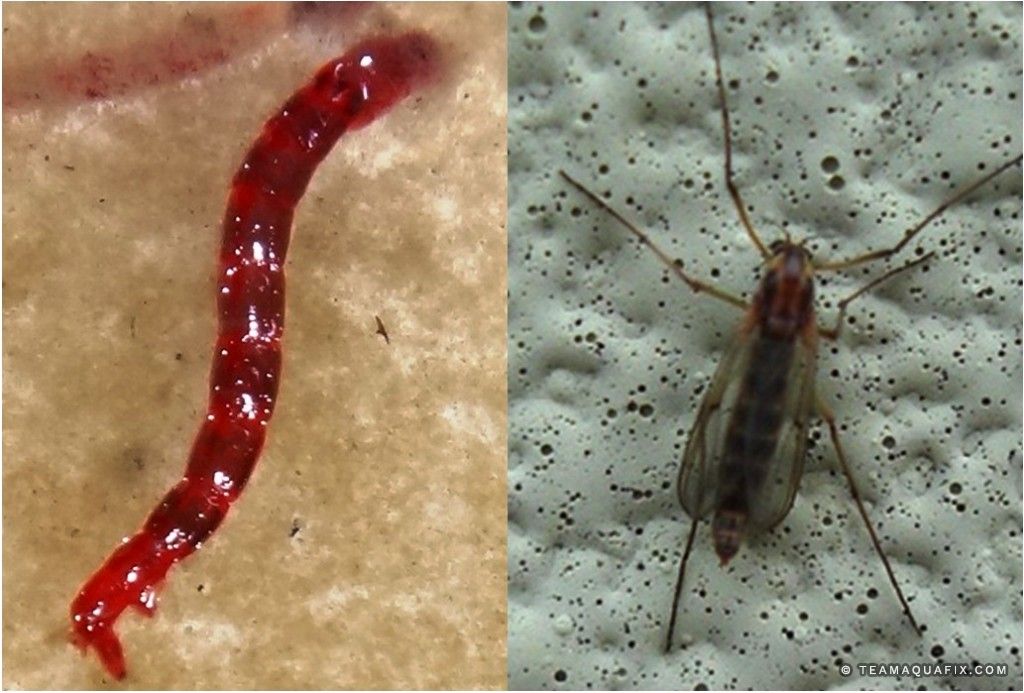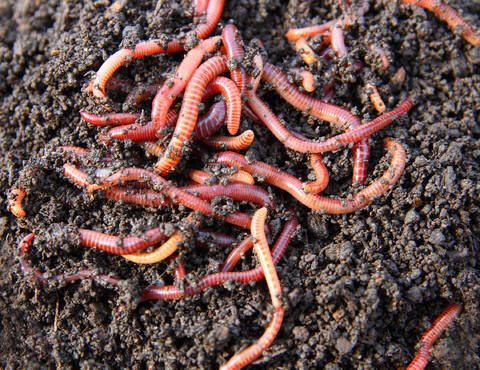Why Red Wigglers Are Crucial for Organic Farming
Red wigglers play a crucial duty in natural farming, primarily with their distinct capacity to decay natural products and boost soil wellness. The degree of their effect on agricultural methods and soil biology raises appealing concerns regarding the future of organic farming.
Role of Red Wigglers in Dirt Wellness

Additionally, red wigglers boost dirt framework by developing networks as they delve. These networks enhance aeration and water seepage, advertising a healthier root atmosphere. Their task additionally assists in keeping optimum moisture levels, which is crucial for healthy plant development.

Advantages of Worm Castings
Worm spreadings, the nutrient-rich waste matter generated by red wigglers, function as an effective amendment for natural farming. These castings are brimming with essential nutrients such as nitrogen, phosphorus, and potassium, which are essential for plant growth. Unlike artificial fertilizers, worm spreadings launch nutrients slowly, supplying a steady supply in time and minimizing the threat of nutrient leaching and drainage.
In addition, worm castings enhance soil framework and oygenation, promoting healthier root systems. Their high natural issue web content improves wetness retention, allowing plants to much better withstand drought problems. Additionally, worm castings include valuable microbes that support plant wellness by subduing microorganisms and improving vitamins and mineral uptake.
The application of worm castings can lead to boosted plant returns and boosted top quality of produce, making them an indispensable source for natural farmers. Their usage additionally straightens with lasting farming techniques, adding to soil fertility without the unfavorable ecological effects related to chemical fertilizers. Overall, the unification of worm spreadings right into agricultural techniques cultivates an extra resilient and productive community, underscoring the significance of red wigglers in organic farming systems.

Enhancing Nutrient Cycling
(red wiggler compost bin)Nutrient cycling is an important procedure in natural farming, and the combination of red wigglers plays a crucial function in boosting this cycle. As red wigglers consume decaying organic matter, they eliminate nutrient-rich spreadings, which are bristling with beneficial microorganisms.
Moreover, red wigglers help to increase the mineralization of nutrients, converting them from inert forms into bioavailable forms that plants can take in. This procedure is crucial for maintaining soil fertility and promoting healthy and balanced plant development. The visibility of red wigglers also motivates a varied dirt community, promoting a balance of nutrients that supports various plant species.
Improving Dirt Structure
The improvement of dirt framework is important for promoting a healthy agricultural community, and the activity of red wigglers considerably contributes to this enhancement. These earthworms play a vital function in aerating the soil and creating a network of networks that assist in water infiltration and origin infiltration. As they tunnel with the soil, red wigglers break up compacted layers, permitting better oxygen exchange and promoting microbial task.
In addition, the natural matter produced from their waste, called vermicast, enhances dirt aggregation. This procedure creates steady globs of soil fragments, boosting soil porosity and decreasing erosion (red wigglers). The presence of red wigglers likewise encourages the growth of useful fungal networks, which are vital for nutrient uptake by plants
Supporting Lasting Practices
Integrating red wigglers into natural farming practices not just improves soil health and wellness but likewise promotes sustainable farming methods. These earthworms play an essential duty in vitamins and mineral biking, changing organic waste into valuable garden compost that enhances the soil. By making use of red wigglers, farmers can successfully reduce dependence on artificial fertilizers, thereby lessening chemical overflow and Going Here its destructive effects on ecosystems.
Additionally, the incorporation of red wigglers urges the method of recycling natural materials, such as kitchen scraps and farm waste. This waste decrease technique not just reduces disposal costs yet also cultivates a closed-loop system where nutrients are continuously gone back to the dirt (red wigglers). Such methods are crucial in mitigating environment change, as they boost carbon sequestration and decrease greenhouse gas exhausts
Furthermore, red wigglers enhance water retention in the dirt, which is vital in times of dry spell. Their burrowing activities produce networks that permit water to pass through deeper right into the ground, therefore advertising efficient water use. Eventually, incorporating red wigglers right into natural farming not just supports biodiversity but also lines up with the principles of sustainable farming, providing an all natural approach to food production.
Conclusion
In conclusion, red wigglers play an important function in natural farming by substantially improving dirt wellness and fertility. Hence, the integration of red wigglers into agricultural techniques is vital for promoting sustainability and improving overall dirt top quality.